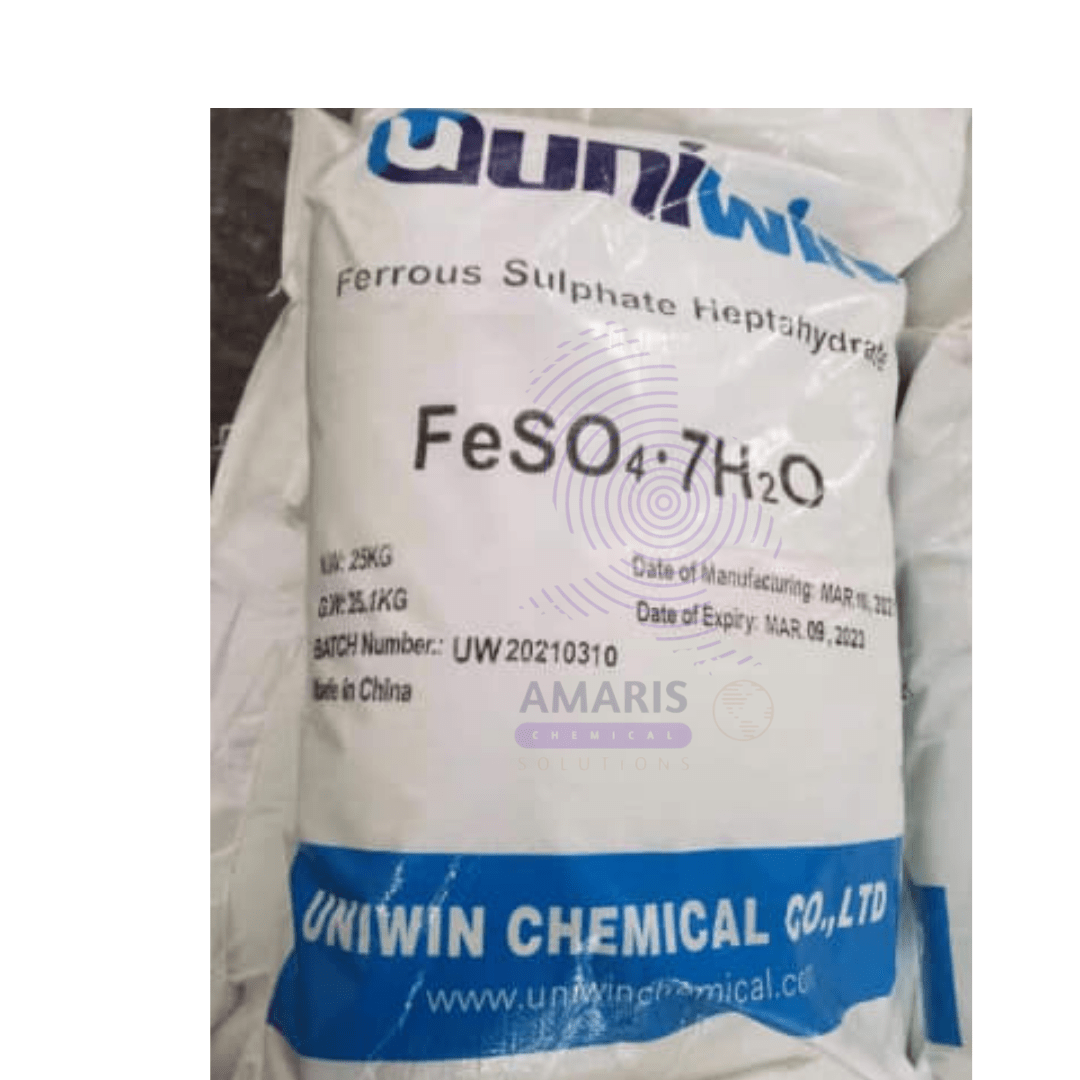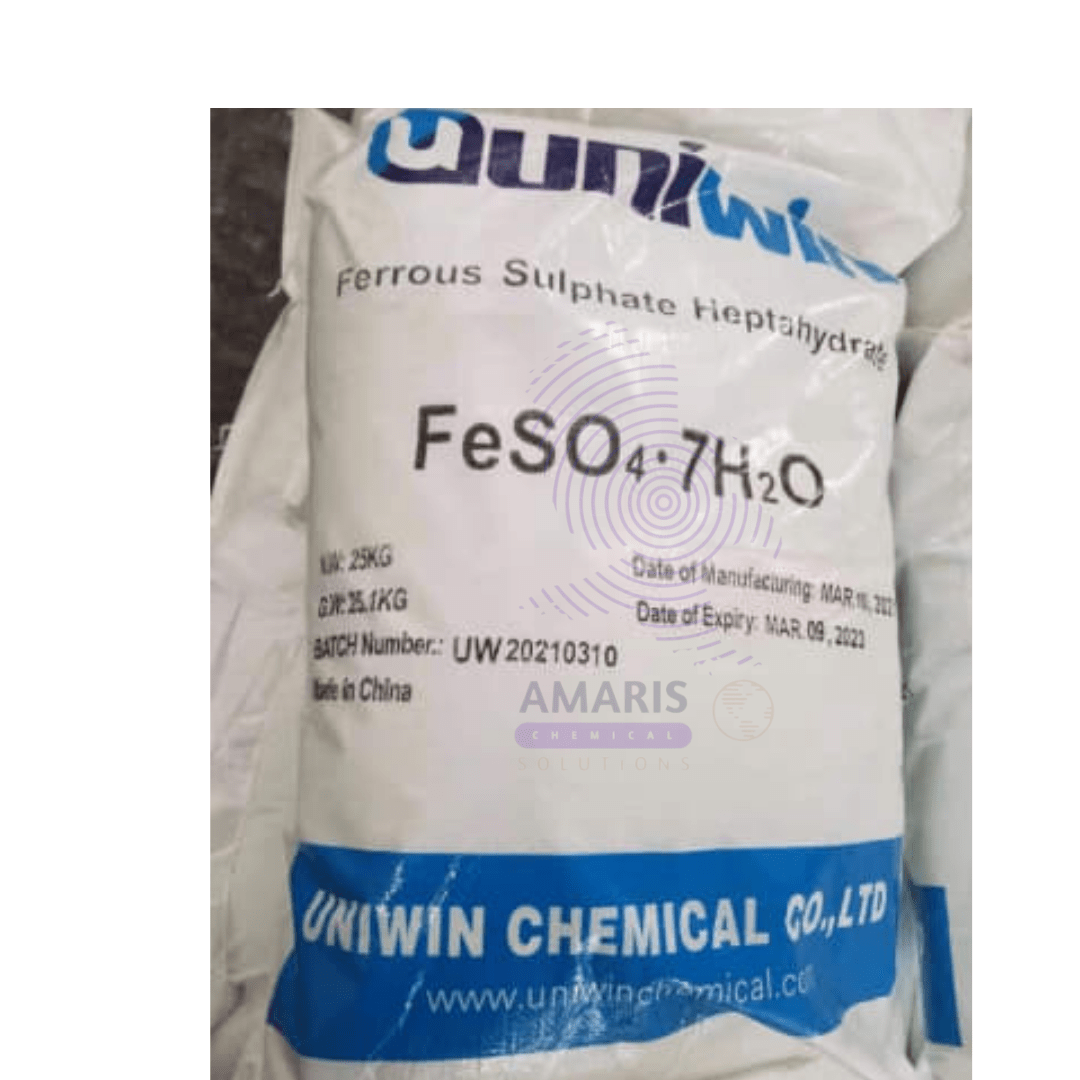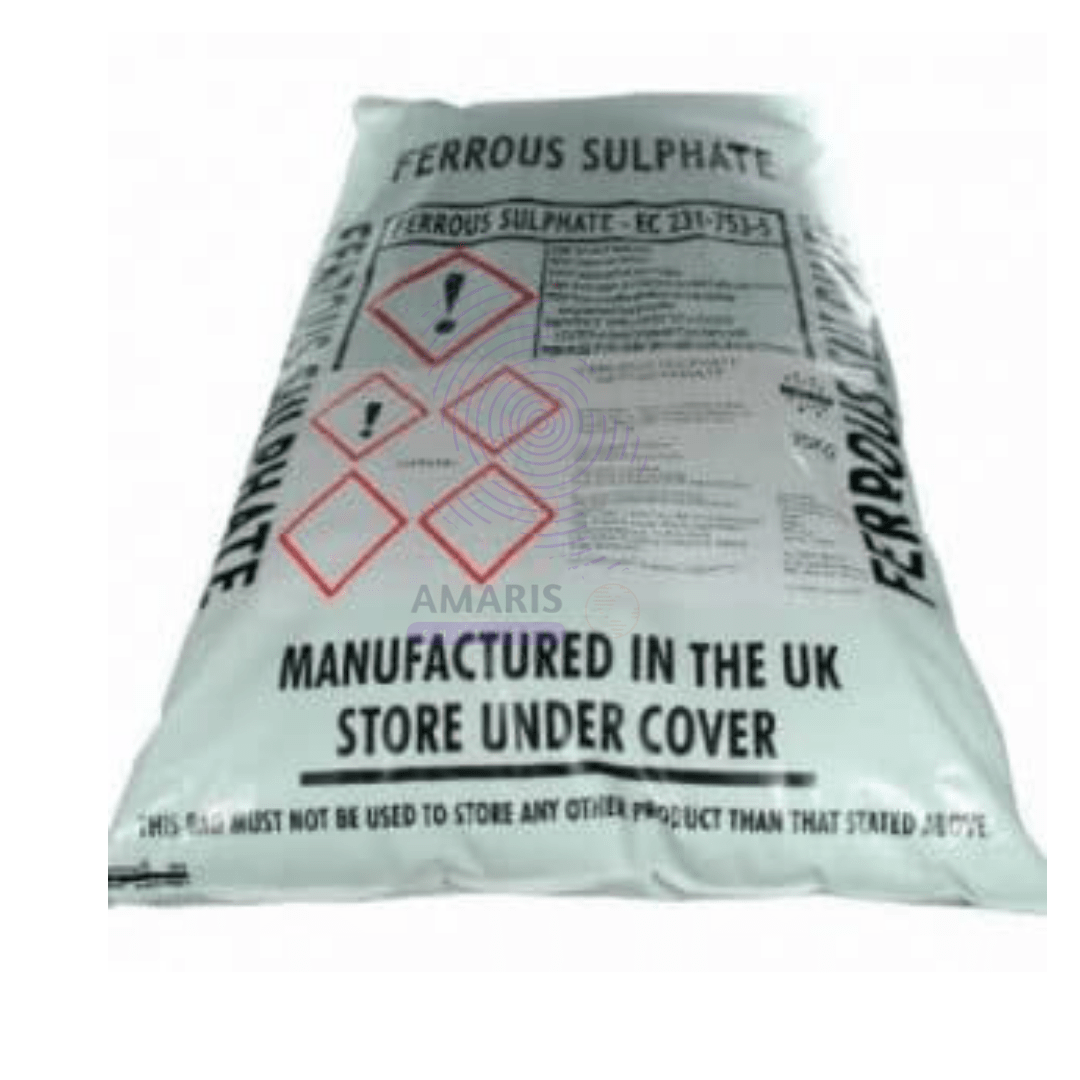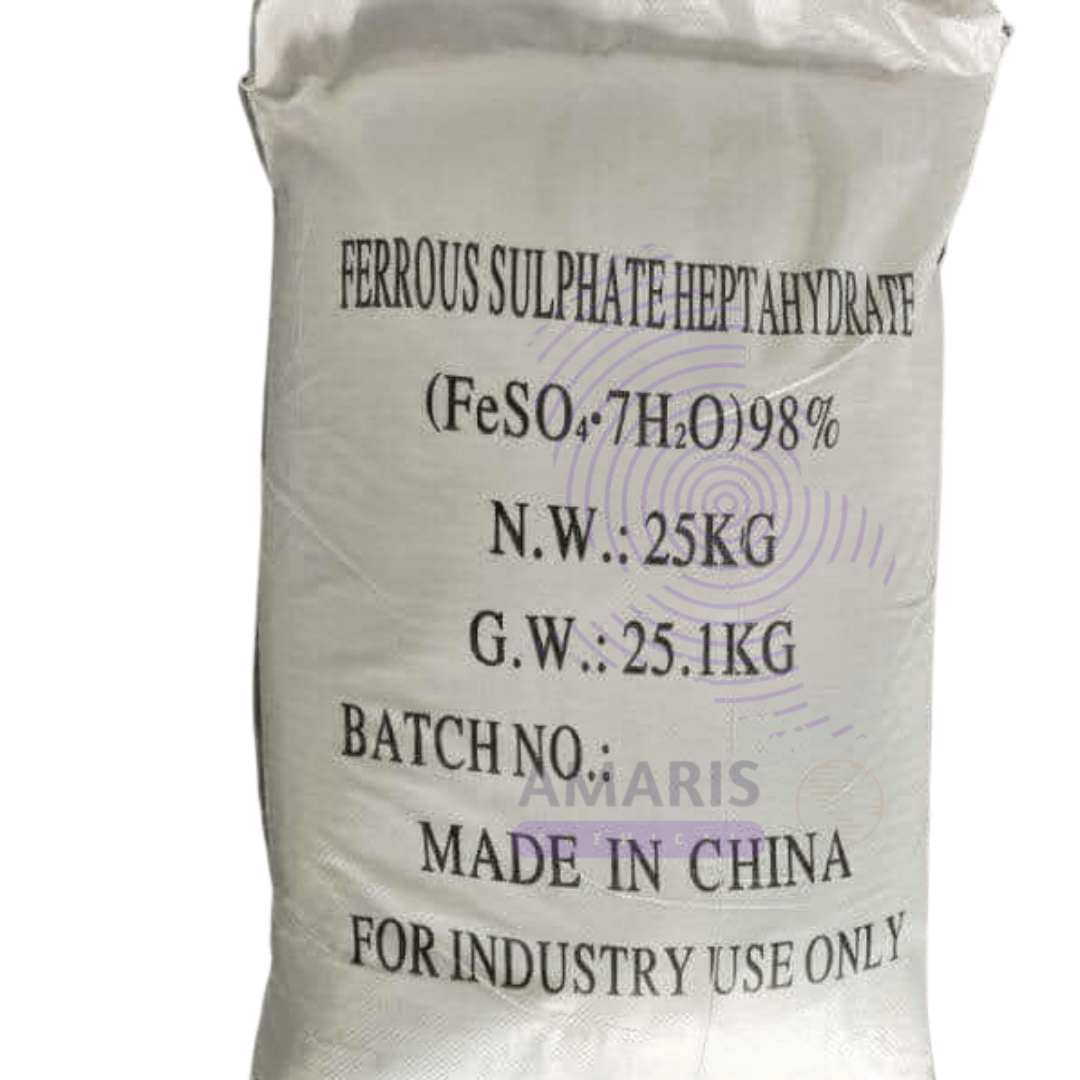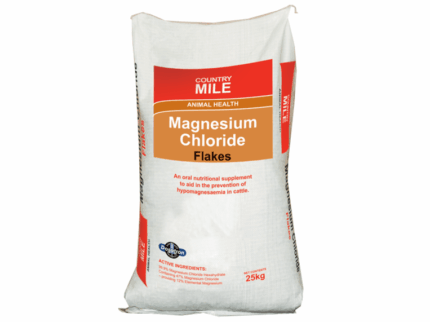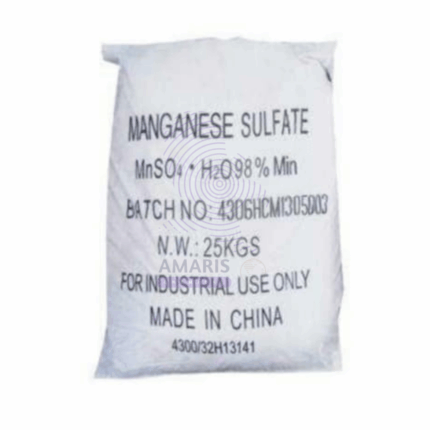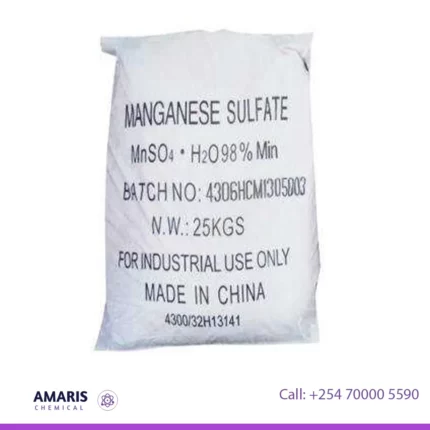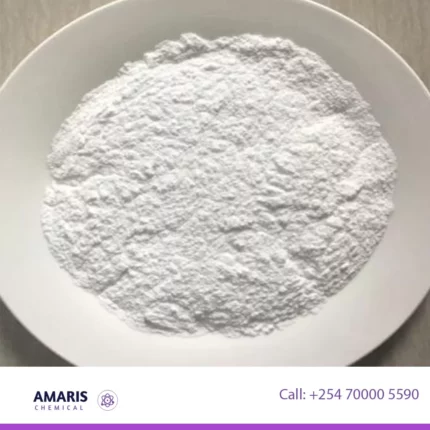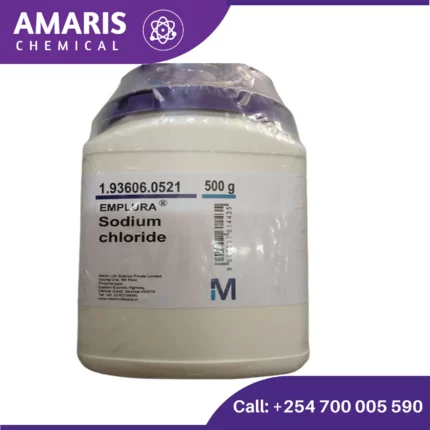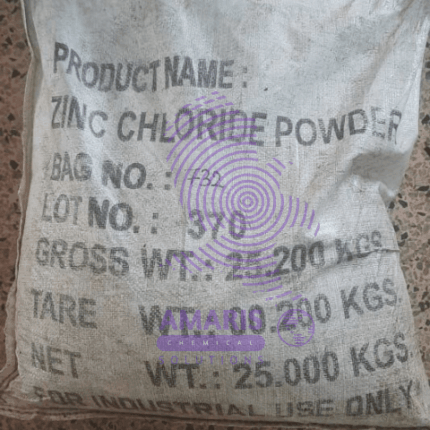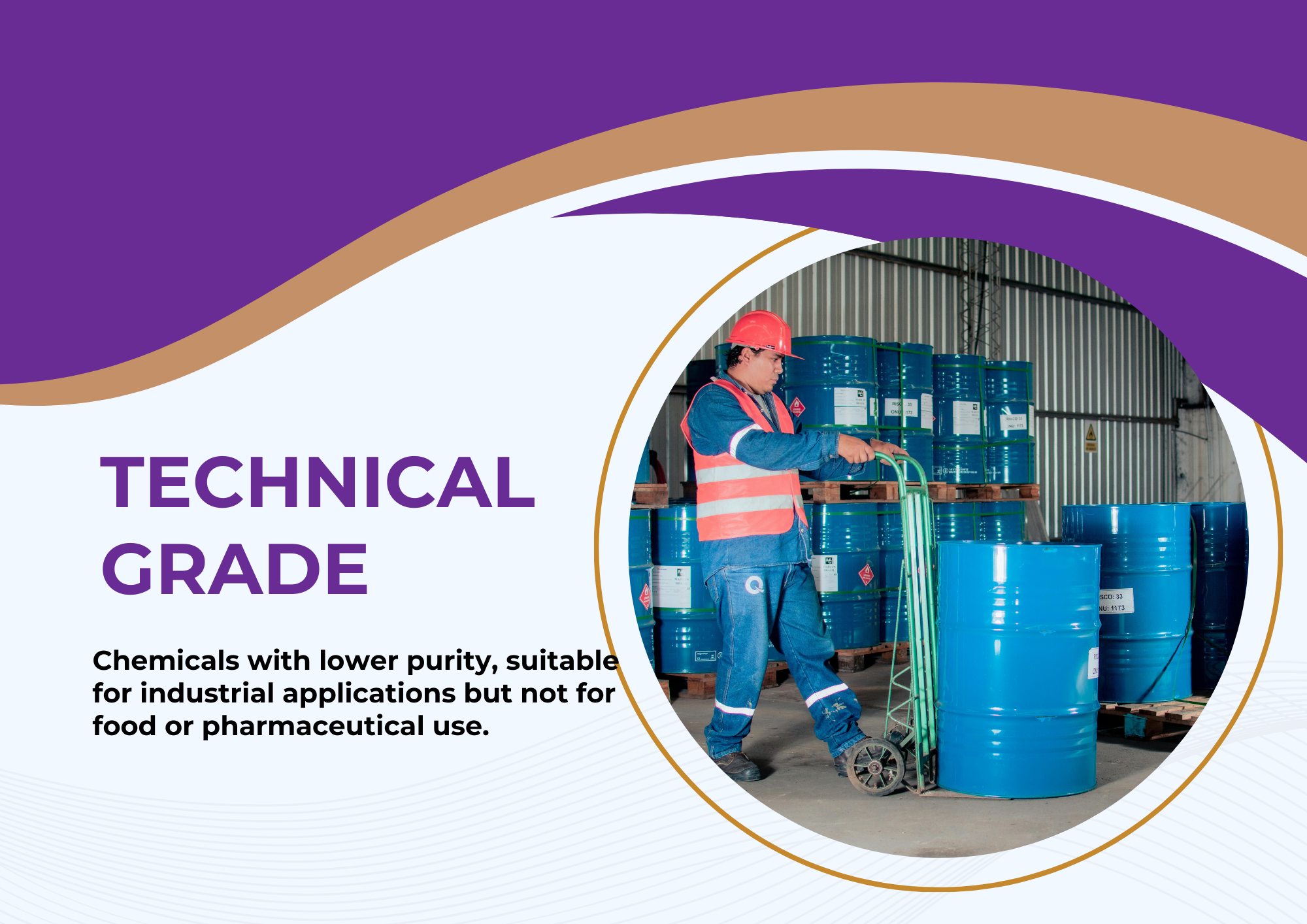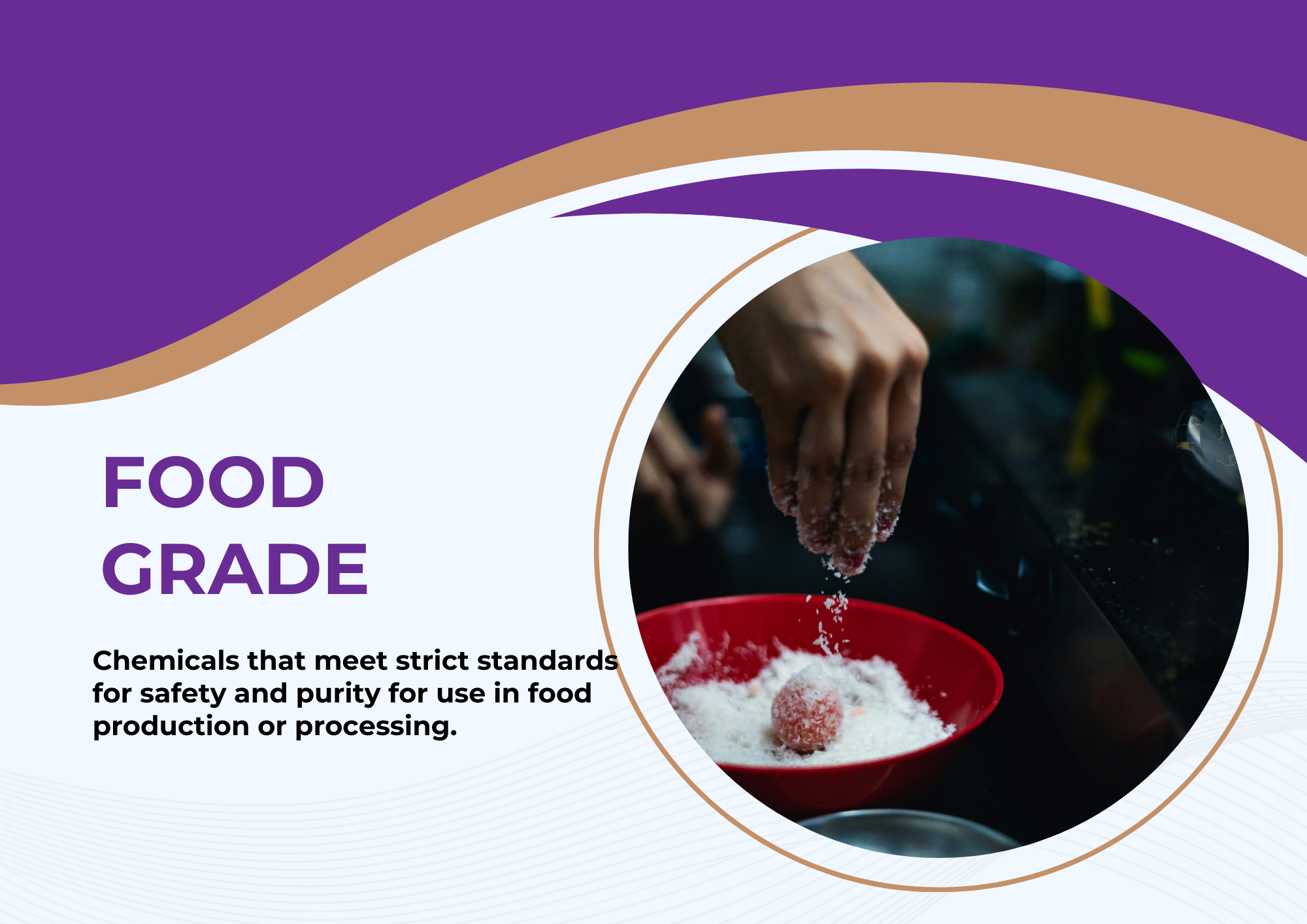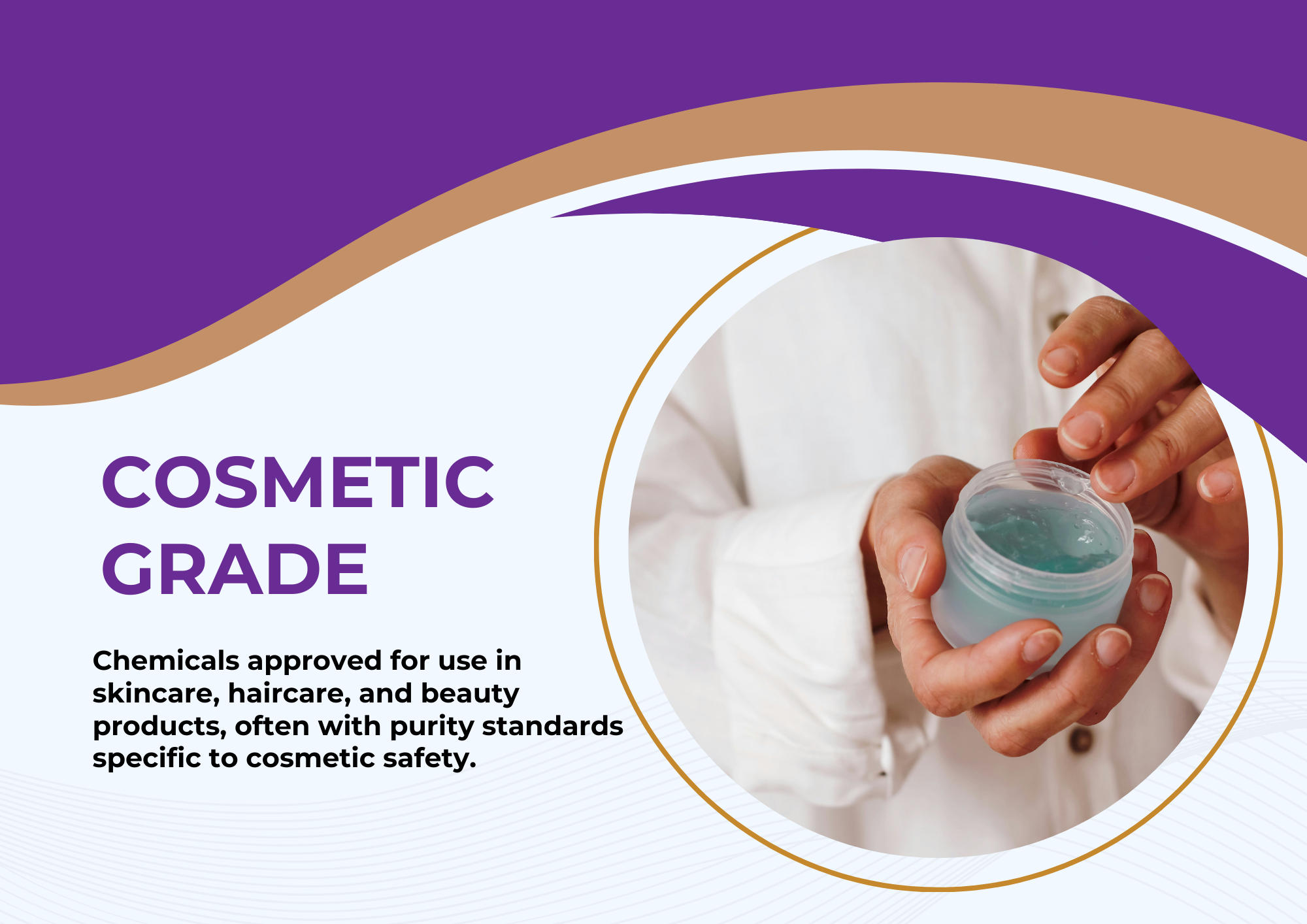“Dicalcium phosphate 25kg” has been added to your cart. View cart
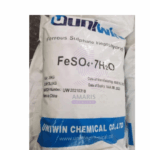

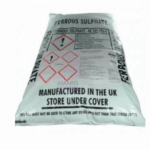
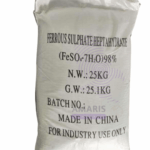
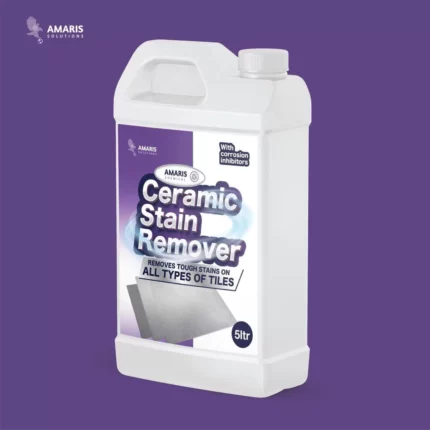
Ceramic Stain Remover(5litres)
KSh7,500.00 Original price was: KSh7,500.00.KSh6,500.00Current price is: KSh6,500.00.

Vanilla Fragrance Oil 5kg
KSh4,500.00 Original price was: KSh4,500.00.KSh4,400.00Current price is: KSh4,400.00.
Ferrous Sulphate Heptahydrate 25kg
KSh8,500.00 Original price was: KSh8,500.00.KSh8,000.00Current price is: KSh8,000.00.
Ferrous sulphate is a chemical compound with the formula FeSO4, which is made up of iron, sulfur, and oxygen. It is a type of salt that is commonly used as a nutritional supplement and a medicine to treat iron deficiency anemia. Ferrous sulfate is also used in various industrial applications, such as water treatment, fertilizers, and pigments. In its solid form, ferrous sulfate appears as a white or grayish-white crystalline powder, and it is soluble in water.
SKU:
ACS59991CHEM0
Categories: Coagulants and Flocculants, Excipients, Fertilizers
Tags: ferrous, technical grade
Description
Ferrous sulphate
- Nutritional supplement: Ferrous sulfate is a common supplement used to treat iron deficiency anemia, which can result from a lack of iron in the body.
- Water treatment: Ferrous sulfate is used as a coagulant in water treatment to remove impurities and particles from water.
- Fertilizer: Ferrous sulfate is used in the production of fertilizers and soil amendments, as it provides a source of iron to plants that is necessary for healthy growth.
- Pigment: Ferrous sulfate is used as a black pigment in inks, paints, and dyes.
- Medical uses: Ferrous sulfate is used in the treatment of certain skin conditions, such as eczema and psoriasis, and it is also used as an antidote to iron poisoning.
- Industrial applications: Ferrous sulfate is used in various industrial applications, including the production of iron oxide pigments, the purification of water, and the treatment of wastewater.
Additional information
| Weight | 25 lbs |
|---|
Shipping & Delivery
Related products
Aluminium sulphate Alum Rock
Rated 4.97 out of 5
Aluminium sulphate, also known as alum, is a chemical compound made up of aluminium, sulphur and oxygen. It has the chemical formula Al2(SO4)3 and is commonly used in water treatment plants as a coagulant to remove impurities such as suspended particles, organic matter, and bacteria from water.
Alum is a white crystalline substance that dissolves in water to form a colourless solution. It has a variety of other applications, including in the manufacturing of paper, textiles, and in various industrial processes. In addition, alum has medicinal uses as an astringent and as a component of antiperspirants.
Ammonia solutions 33kg 33%conc
Ammonia solution is a solution of ammonia (NH3) gas dissolved in water. It is a clear, colorless liquid with a pungent odor and a basic pH. The concentration of ammonia in the solution can vary, and is typically expressed in terms of percent by weight or by volume.
Ammonia solutions are commonly used in a variety of applications, including cleaning agents, fertilizers, and as a precursor to other chemicals. They are also used in industrial processes such as refrigeration, gas purification, and water treatment. Ammonia solutions can be dangerous if not handled properly, as they are highly corrosive and can release toxic fumes if mixed with certain chemicals
Magnesium chloride
Magnesium chloride is an inorganic compound with the chemical formula MgCl2. It is a crystalline salt that is composed of magnesium and chloride ions. In its solid form, it appears as a white or colorless crystalline powder. Magnesium chloride is highly soluble in water and forms hydrated forms, such as magnesium chloride hexahydrate (MgCl2·6H2O), which is commonly used in various applications.
Magnesium chloride is primarily obtained from natural sources, such as brine deposits or seawater, and it can also be produced by chemical processes. It has a wide range of uses in various industries and applications. It is commonly employed as a deicing agent for roads and highways during winter, as it effectively lowers the freezing point of water. In addition, it is used in the production of magnesium metal, as a component in the preparation of tofu, as a dust suppressant, and as a nutrient supplement in agriculture and animal feed.
Medically, magnesium chloride can be utilized as a mineral supplement for individuals with magnesium deficiencies. It may also be administered intravenously in certain medical treatments. Furthermore, magnesium chloride has been explored for its potential therapeutic benefits, such as in the management of asthma, constipation, and magnesium deficiency-related conditions.
Overall, magnesium chloride is a versatile compound with various practical applications across different industries, while also offering potential health benefits.
Manganese sulphate
Manganous dihydrogen phosphate
Manganous dihydrogen phosphate, often represented by the chemical formula Mn(H2PO4)2, is a chemical compound composed of manganese (Mn), hydrogen (H), phosphorus (P), and oxygen (O). It's an inorganic salt that's commonly used in various industrial applications.
Manganous dihydrogen phosphate can be prepared by reacting manganese(II) carbonate or manganese(II) hydroxide with phosphoric acid:
MnCO3 + 2H3PO4 → Mn(H2PO4)2 + CO2 + 2H2O
Or
Mn(OH)2 + 2H3PO4 → Mn(H2PO4)2 + 2H2O
This compound has applications in areas such as:
- Chemical Industry: It can be used as a source of manganese in the production of other manganese compounds.
- Phosphating Agent: It's utilized in the phosphating process, where metal surfaces are treated with a phosphate coating to improve corrosion resistance, paint adhesion, and lubrication.
- Fertilizers: Manganese is an essential micronutrient for plants. Manganous dihydrogen phosphate can be used in fertilizer formulations to provide manganese to plants.
- Catalysis: Compounds containing manganese are sometimes used as catalysts in various chemical reactions.
Sodium Chloride 500gm
Analytical Reagents, Builders, Coagulants and Flocculants, Excipients, Flavor Enhancers, PH Adjusters, Preservatives
Sodium chloride, also commonly known as table salt or halite, is a chemical compound with the formula NaCl. It is an ionic compound formed from sodium (Na+) and chloride (Cl-) ions. Sodium chloride is essential for many biological processes and has numerous applications in various fields.
Here's a breakdown of key aspects of sodium chloride:
Properties:
- Appearance: White crystalline solid at room temperature
- Odor: Odorless
- Solubility: Highly soluble in water
- Melting point: 801 °C (1474 °F)
- Boiling point: 1465 °C (2669 °F)
Sodium Hydroxide Pearls 500gm
Analytical Reagents, Builders, Coagulants and Flocculants, Drilling Fluids, Excipients, Finishing Agents, PH Adjusters
Sodium Hydroxide Pearls are small, solid beads of sodium hydroxide, a strong alkaline compound. They are commonly used in industrial applications, including cleaning, pH regulation, and chemical synthesis. The pearls dissolve easily in water, forming a highly caustic solution that can handle a variety of tasks, from de-greasing surfaces to adjusting the acidity of solutions. They require careful handling due to their corrosive nature and can cause severe chemical burns if not used properly.
Zinc chloride (ZnCl2) 25Kg bag
Zinc chloride is an inorganic compound with the chemical formula ZnCl2. It is a white crystalline solid with a salty taste and is highly soluble in water. Zinc chloride is commonly used as a disinfectant, deodorant, and wood preservative. It is also used in the manufacture of other chemicals, such as vulcanized fiber and ethyl acetate. Additionally, it can be used in soldering fluxes, as a catalyst in chemical reactions, and as a flame retardant in plastics.

